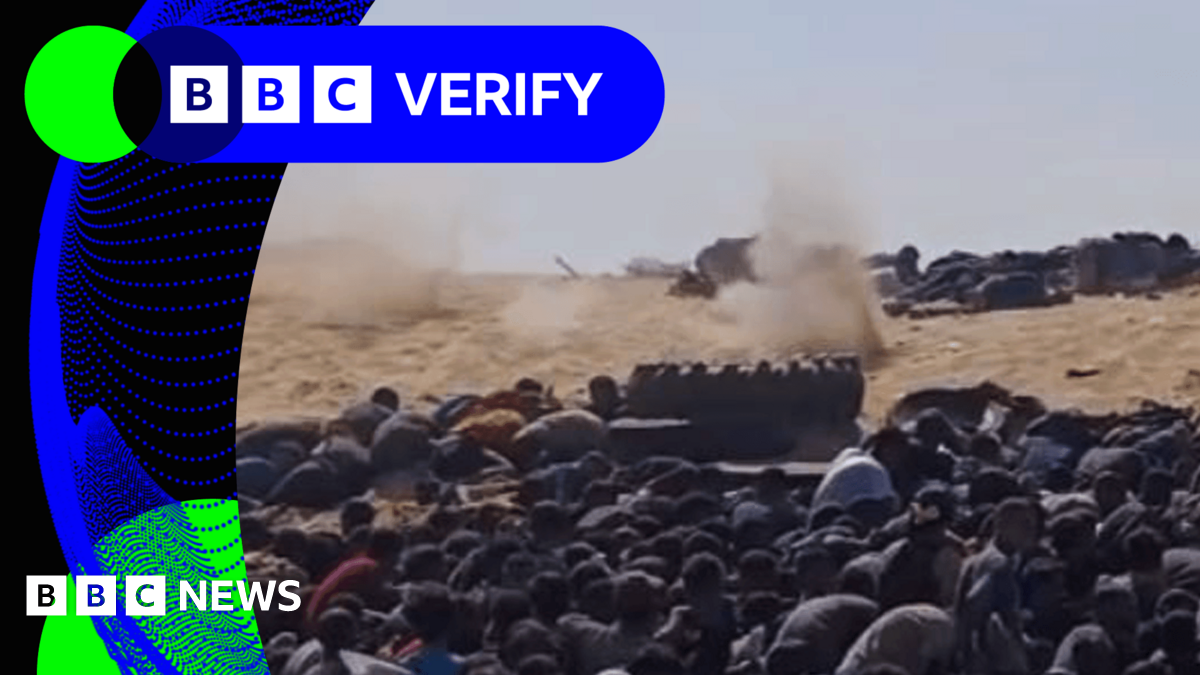EU Demands Transparency from Israel Over Gaza Aid Package Amidst Rising Concerns

Brussels, Belgium – European Union foreign ministers convened in Brussels today, following the announcement of a new aid agreement for Gaza. The deal, primarily negotiated between EU foreign policy chief Kaja Kallas and Israeli Foreign Minister Gideon Saar, has prompted calls for greater transparency and detail from Israel regarding the implementation and distribution of the pledged assistance.
The meeting took place amidst growing international pressure to alleviate the humanitarian crisis in Gaza, which has been exacerbated by the ongoing conflict. While the EU welcomes the commitment to provide aid, ministers expressed a need for specific assurances that the assistance will reach those most in need and will not be diverted or obstructed.
“We need to see concrete plans on how this aid will be delivered, who will be responsible for distribution, and what safeguards are in place to prevent it from falling into the wrong hands,” stated a senior EU diplomat speaking on condition of anonymity. “The scale of the humanitarian crisis demands a robust and accountable approach.”
The aid package reportedly includes financial contributions from several EU member states, alongside logistical support to facilitate the delivery of essential supplies such as food, water, and medical equipment. However, concerns remain about access restrictions and the security situation, which could hinder the effective distribution of aid.
Kaja Kallas, in her briefing to the ministers, emphasized the importance of continued dialogue with Israel to ensure the aid reaches its intended recipients. She also highlighted the EU’s commitment to working with international partners, including the United Nations, to coordinate humanitarian efforts and address the root causes of the conflict.
Israeli Foreign Minister Gideon Saar, who participated virtually in the meeting, defended the aid agreement and assured the ministers that Israel is committed to facilitating the delivery of assistance. He also reiterated Israel’s position on the need to address the security challenges in Gaza and prevent the diversion of aid for military purposes.
The EU’s request for greater transparency reflects a broader concern among member states about the effectiveness of humanitarian aid in conflict zones. It also underscores the EU’s commitment to upholding international humanitarian law and ensuring that aid is delivered in a neutral and impartial manner.
The ministers concluded the meeting by reiterating their call for an immediate ceasefire and a peaceful resolution to the conflict. They also pledged to continue working with all parties involved to address the humanitarian crisis in Gaza and to promote a lasting peace in the region. The situation remains fluid, and the EU is expected to closely monitor the implementation of the aid agreement and to provide further support as needed. The focus now shifts to ensuring the agreement translates into tangible relief for the people of Gaza, and that the EU’s concerns regarding transparency and accountability are adequately addressed by Israel.






